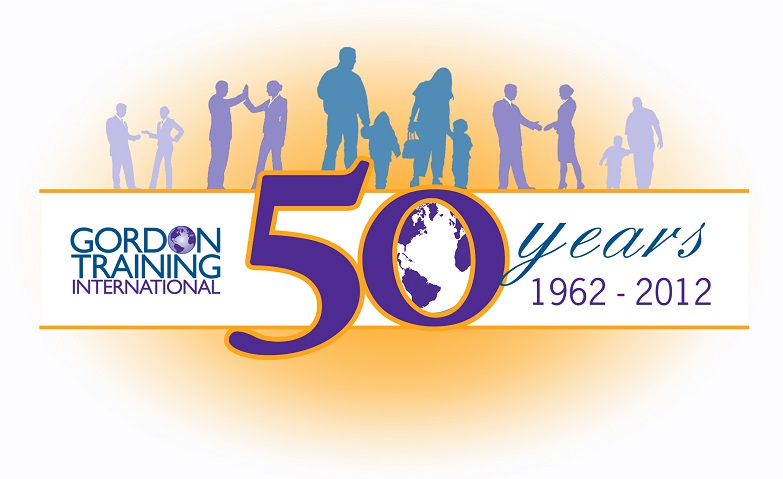Sibling Summertime Sadness
It was tough for 13 year old Jake when his big brother was away at camp.
Feeling pretty down, he started fretting about Harrison (16) leaving for college. Technically they have two more years together but, during Harrison's senior year, Jake will be boarding in Hangzhou, China with his 9th grade classmates. The end is looming too large too soon. "Mom, if Harrison ever says he can't fly back home to Hong Kong because it's too expensive, promise me that you will pay for the ticket!"
Left with little sis Claudia (10), Jake was reminded constantly of how she is so NOT his brother. When his frustration showed, Claudia noticed and engaged.
Ah, what to do with summertime bickering?
In Parent Effectiveness Training: The Proven Program for Raising Responsible Children, Dr. Thomas Gordon recommends, as the usual first step, "staying out of the conflict completely" (page 282). Recognizing that children's arguments are their problem gives kids the chance to work on their own conflict resolution skills.
I held back through several exchanges but it became clear that Claudia and Jake needed help to rehabilitate their relationship. P.E.T., thankfully, offers specific strategies for that.
Active Listen One on One
By ALing both children separately when things were calm, I helped each come to understand the problem better; private venting also smoothed subsequent interactions.
Jake and Claudia decided to each buy a skateboard with their own money
For instance, Jake realized that his harsh tone and impatience were largely symptoms; the real issue was longing for Harrison's companionship. Making a hard thing harder was the limited access (Jake has no cellphone plan this summer) and the fact that Harrison was just having SUCH a good time up at Stanford, living in the dorms for a month.
Once I empathized, Jake was able to move on to more compassion for his sister: "I'm gonna try to be nicer to her. I think we can bond over skateboarding."
Facilitate In the Moment
One day, Jake and I were late picking up Claudia from camp. Upon entering the hot car, Claudia complained that her seat was too far forward. She didn't find any adjusting bar along the side so I hopped out to help. By the time I got there, they were arguing and I heard Claudia say "So, if it were YOUR seat you would be going crazy!" Jake shot back, "I hate it when you say that! Shut up!"
Dr. Gordon describes a different function for parents here:
“Some conflicts may require a more active role on the part of the parent. In such cases, the parent can encourage problem-solving by using Active Listening and turning into a transmission belt, not a referee.”
I helped them hear each other with these observations:
- "It sounds like Claudia is exhausted and has no way to make herself comfortable. She's been on the basketball court all day and is not feeling energetic at all."
- "Jake seems to really dislike when you bring him into it or talk about the way HE sometimes is because he is just frustrated by the current situation."
A couple of minutes later, Claudia apologized for losing her temper about the seat, "I was just tired." Jake responded in kind, "Sorry I was so impatient."
Set Up a Problem-Solve
The fighting continued. The antipathy was so strong that Jake even said he wanted to ridicule Claudia's eating because it really hurt him when she used to comment on his weight.
I suggested to Jake that we do a Method III Problem-Solve (Gordon Training International's article lays out all six steps) "to clear the air between you and Claudia so you can both really enjoy the summer together" and he agreed. When Claudia was like "Why?!" he persuaded her saying, "C'mon Claud, you know it works and we'll feel better."
1. Define the problem in terms of needs
Each took turns speaking and I was the scribe, trying to Active Listen along the way. We ended by listing up what they were needing:
After this first step, it was late so we agreed to continue the next day. They felt lighter -- one of the huge benefits of self-disclosure -- and went off to sweeter dreams.
2. Brainstorm
At California Pizza Kitchen, they came up with a list of ways to repair their relationship, including ideas for bonding:
3. Evaluate & 4. Choose
They discussed what would work and what each was willing to do. Claudia said she would try to break her "You're so annoying!!" habit. Jake would try to watch his tone. They agreed to spend more time with each other and were excited to buy skateboards after dinner. They were also in charge of finding a local cooking class.
5. Implement
They carried through with most of the solutions but there was still a fair amount of unhappiness. Claudia and Jake needed more open and honest communication.
Swings & skateboards were not enough; P.E.T. skills helped Jake & Claudia open up to each other to regain their closeness
6. Check-In
Reflecting on why the results of the Problem-Solve were so shaky gave Jake and Claudia the chance to unravel some long-standing hurts.
There were many accusations of "You're so sensitive!" but they realized it was because something had been left to simmer instead of being addressed with a timely Confrontive I-Message.
For instance, as they were cooking dinner, there was a huge eruption involving tears and slammed doors. It turned out that Jake was embarrassed about wanting to plate and style the food because Claudia had ridiculed him in the past about caring too much about appearances. He had confronted her about this only a couple of days earlier, much after the fact. "I already said sorry about that!" she protested. "I know, it's just that I'm still self-conscious," he explained.
Jake then described how hurt he was when Claudia used to ridicule his chubbiness. "When you're fat," he shared, "you get really super sensitive to anything anyone says because you kinda see the truth in it."
Towards the end of one of our conversations, I noted that I loved seeing them laugh and joke during our rummy games because, "Guys, the fact is, you love each other." Claudia quickly piped in, "Of course." A surprised Jake acknowledged that he was happy to hear her say that because it seemed she loved Harrison more than him. (He had told me, "Harrison can be mean to her too but she forgives him and never forgives me!")
Both of my children had forgotten that Claudia used to adore her hero "Jakey." In fact, they were best buddies, leaving Harrison the odd man out. Over the last several years, however, the two brothers had spent most of their time together. It seemed to me, I reflected, that Claudia had "built up a shell of toughness to protect herself because it's just hard to feel lonely for so long."
"I just wanted to remind you both of your roots, your deep connection with each other," I concluded.
Both kids were silent but melting. The energy shifted and Claudia asked if I could help her clean her new contact lenses and put her to sleep. In the bathroom, she told me, "That felt good." Later, all snuggled in bed, she asked, "Why can't I remember any of those good memories?" My heart swelled with tenderness.
I have a habit of giving my kids notes occasionally. That night, I wrote this to Jake: "She loves you, she loves you, Claudia loves you. She is sad because she can't remember any of the good memories."
It's up to them to make new ones. I know they will.
Claudia and Jakey in one of their favorite playscapes
Summer can be a time of reconnection, or a time of intense stress. Now that we are at the mid-summer mark, maybe you can take stock and reflect on how it's been for your family. Feel free to share your challenges, successes or questions below!








